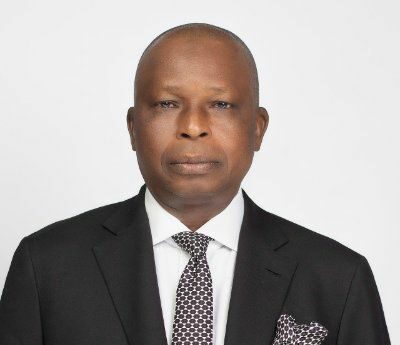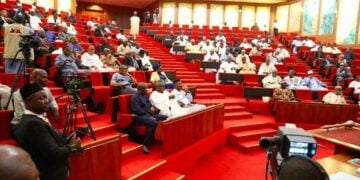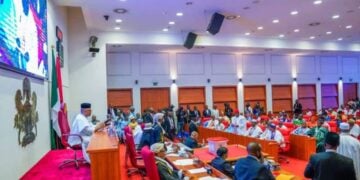Attorney-General of the Federation and Minister of Justice, Mr Lateef Fagbemi (SAN), has said the justice sector faces many challenges in its bid to guide the nation towards fairness, efficiency, and trust in the rule of law.
The minister disclosed this at the 2025 Justice Sector Leadership Retreat, which was held on Wednesday at the International Conference Centre of Musa Usman Secretariat in Maiduguri, Borno State.
He noted that the challenges include limited financial resources to support plans, policies and programmes, inadequate capacity to address the Ever-evolving issues in the justice sector, among others.
“While pursuing justice is a timeless endeavour, the methods of achieving it must evolve to meet the demands of a rapidly changing world.
“Our citizens expect more efficient, transparent, and accessible services from the institutions that uphold the rule of law. They demand a justice system that is fair but also responsive and effective,” he said.
He said over the next two days of the retreat, the conversations would place innovation and technology at the very centre of reform because they are the levers by which the institution reimagines justice delivery in Nigeria.
“As custodians of the law, we must not only embrace this wave of change, but lead it,” he added.
He commended the Borno State governor for the impact made in the justice sector.
“The launch of the Borno State e-Justice project in partnership with LawPavilion has positioned the state as a pacesetter in digital transformation. With tools like the Case Management System, e-Library, and electronic mail tracking for legal processes, Borno is pioneering efficiency and transparency in judicial service delivery.
“Your administration has also initiated critical reforms of the State’s penal code and laws, ensuring alignment with contemporary realities and better deterrence against crime.
“By supporting the welfare and capacity development of legal officers, as well as improving institutional identity and structures, you have strengthened the foundation of justice,” he added.
He also observed the internationally acclaimed Borno Model of Reintegration, which embodies restorative justice, community participation, and the healing of conflict-affected victims.
“The initiative to root this model within a robust legal framework has demonstrated not only innovation, but also a deep respect for human Rights and constitutional safeguards,” he added.
Responding, Borno State Governor, Prof. Babagana Umara Zulum, reaffirmed his commitment to working closely with the Federal Government, National Assembly and other partners to deepen reforms in the state justice system, especially at the grassroots level.
“I reaffirm Borno State’s commitment to working with the Federal Government, the Judiciary, the National Assembly, and development partners to deepen reforms in our justice system, especially at the grassroots level,” he said.
Zulum stressed that deploying technology would make justice delivery faster, transparent, and accountable to the citizenry, saying that Borno had adopted digital technology to bridge the justice delivery gap.
“In Borno State, we are already witnessing how digital tools have enhanced case tracking, enabling virtual court sittings, thus improving prison decongestion and streaming access to legal aid, especially in hard-to-reach areas. If deployed strategically, technology can bridge the gap between rural and urban justice access,” he remarked.





